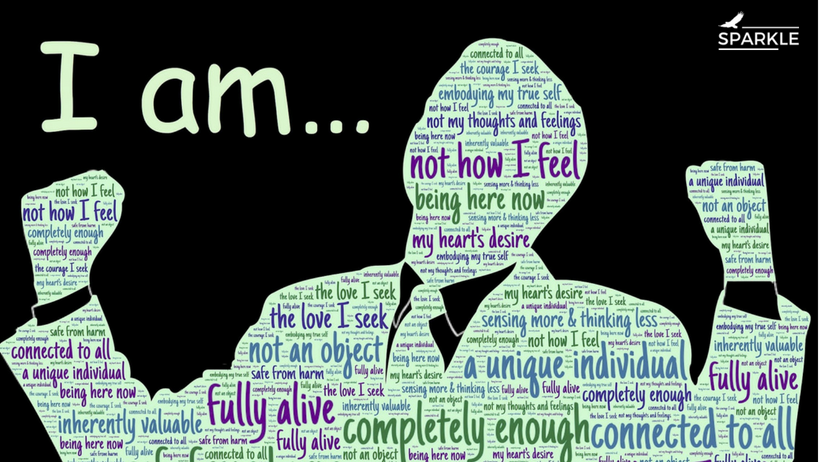
SUCCESSFUL LEADERS HAVE STRONG EMOTIONAL INTELLIGENCE
“A leader is best when people barely know he exists when his work is done, his aim fulfilled, they will say: we did it ourselves.” — Lao Tzu
The Guru of all Guru’s in the field of EI, Daniel Goleman, Google Search Inside Yourself Institute and many other researchers proved that it’s EI that makes the difference between a truly effective leader and the rest. Intelligence (IQ) and technical skills are important for leaders too, and they are threshold capabilities. Being a leader, it is emotional intelligence that makes all the difference.
Emotional intelligence is defined as a critical group of non-cognitive skills, capabilities and competencies, which help individuals to control and manage their emotional response to events and internal and external pressures.
According to D. Goleman there are 5 EI competencies:
- Motivation
- Self-awareness
- Self-regulation
- Social skills
- Empathy
These competencies are critical to being a successful leader and are demonstrated through leadership behaviours. Think about the very best leader you can – what makes them so good? When I ask participants to do this in my leadership training, typical responses include:
- Leaders lead by example, they are inspiring, have a vision, they dare to make decisions and are focused and driven (motivation)
- Leaders are confident, honest, direct, consistent (self-awareness)
- Leaders are clear, decisive, straightforward, intuitive (self-regulation)
- Leaders are great communicators and listeners (themselves and others), they are approachable (social skills)
- Leaders are empathetic and influential (empathy)
Clearly, these traits go well beyond IQ and knowledge, that is why I love Einstein so much as he was so ahead of his time. “Imagination is more important than knowledge. Knowledge is limited. Imagination encircles the world.” Einstein
The best leaders show these traits through their words and actions, demonstrating their emotional intelligence. Think of Gandhi, Nelson Mandela, and Martin Luther King.
And, successful leaders know that they are not perfect. They are aware of their strengths and weaknesses and strive for continuous improvement. They learn from mistakes and are able to delegate.
If you are self-aware as a leader, you can work to overcome your weaknesses either through personal development and learning new skills or by empowering others and using their skills.
Motivation is equally important. Having clear goals to work towards, and setting high standards for you, means also acknowledging that there will be obstacles along the way.
As a leader, this means constantly challenging yourself, finding ways around the obstacles, and being resilient when things go wrong.
You also need self-regulation to manage your emotions as a leader. Leadership can be tough. Having the ability to keep calm, deal well with pressure and stay optimistic is key. Mastering leadership of yourself requires admitting that you’re human after all, learning and growing along the way.
To develop your leadership skills, focussing on interpersonal and intrapersonal skills is important. Being an effective leader is about technical skill, strategic thinking, and knowledge. Being a great leader also requires emotional intelligence.
Where do you find yourself when it comes to leadership skills? Which areas of improvement do you have?
If you would like a free leadership strategy call with me book one here!
Previous item Next item